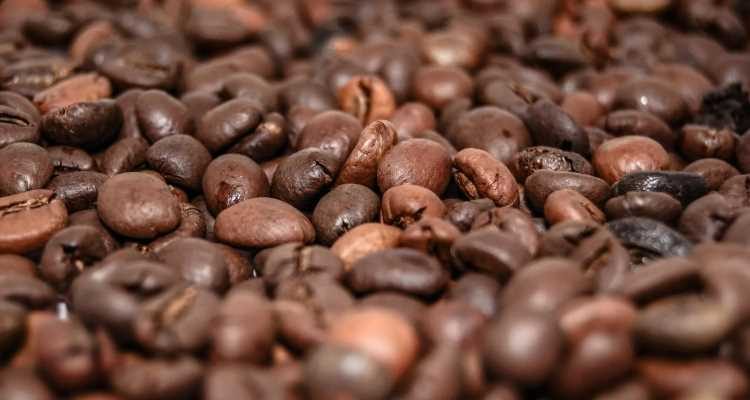
DEAR MAYO CLINIC: I love to drink coffee. I often have multiple cups a day. Recently, I was diagnosed with diabetes and high blood pressure. My doctor advised that I may want to cut back on my beverage of choice, as it is not good for my blood sugar or blood pressure. Can you provide some insight, as I thought coffee was good for my health?
ANSWER: Various studies indicate that coffee has some health benefits, but it’s not without a downside—mostly due to the caffeine.
Coffee may offer some protection against:
— Parkinson’s disease.
— Type 2 diabetes.
— Liver disease, including liver cancer.
— Heart attack and stroke.
The average adult in the U.S. drinks about two 8-ounce cups of coffee per day, which can contain around 280 milligrams of caffeine. For most young, healthy adults, caffeine doesn’t appear to noticeably affect blood sugar levels. On average, having up to 400 milligrams of caffeine per day appears to be safe. However, caffeine affects every person differently.
For someone who already has diabetes, the effects of caffeine on insulin action may be associated with higher or lower blood sugar levels. For some people with diabetes, about 200 milligrams of caffeine—the equivalent of one to two 8-ounce cups of brewed black coffee—may cause this effect.
If you have diabetes or you’re struggling to control your blood sugar levels, limiting the amount of caffeine in your diet may be beneficial.
The same is true for caffeine’s effect on blood pressure. The blood pressure response to caffeine differs from person to person. Caffeine can cause a short but dramatic increase in your blood pressure, even if you don’t have high blood pressure. It’s unclear what causes this spike in blood pressure.
Some researchers believe that caffeine could block a hormone that helps keep your arteries widened. Others think that caffeine causes your adrenal glands to release more adrenaline, which causes your blood pressure to increase.
Some people who regularly drink caffeinated beverages have a higher daily average blood pressure than those who drink none. Others who regularly drink caffeinated beverages develop a tolerance to caffeine. As a result, caffeine doesn’t have a long-term effect on their blood pressure.
If you have high blood pressure, ask your health care professional whether you should limit or stop drinking caffeinated beverages.
The Food and Drug Administration says 400 milligrams a day of caffeine is generally safe for most people. However, if you’re concerned about caffeine’s effect on your blood pressure, try limiting the amount of caffeine you drink to 200 milligrams a day—about the same amount as is generally in one to two 8-ounce cups of brewed black coffee. Keep in mind that the amount of caffeine in coffee, energy drinks and other beverages varies by brand and method of preparation.
Also, if you have high blood pressure, avoid caffeine immediately before activities that naturally increase your blood pressure, such as exercise or hard physical labor. This is particularly important if you are outdoors and exerting yourself.
To see if caffeine might raise your blood pressure, check your blood pressure before drinking a cup of coffee or other caffeinated beverage and then again 30 to 120 minutes afterward. If your blood pressure increases by about 5 to 10 points, you may be sensitive to caffeine’s ability to increase blood pressure.
Women who are pregnant, trying to become pregnant or breastfeeding need to be cautious about caffeine, too. High intake of boiled, unfiltered coffee has been associated with a mild increase in cholesterol levels.
Also, researchers found that postmenopausal women who regularly drank caffeinated beverages, such as coffee, tea or soda, experienced more bothersome vasomotor symptoms, such as hot flashes, than other postmenopausal women who didn’t use caffeine.
Keep in mind that the actual caffeine content of a cup of coffee or tea can vary quite a bit. Factors such as processing and brewing time affect the caffeine level. It’s best to check your drink—whether it’s coffee or another beverage—to get a sense for how much caffeine it has.
Source: Read Full Article
